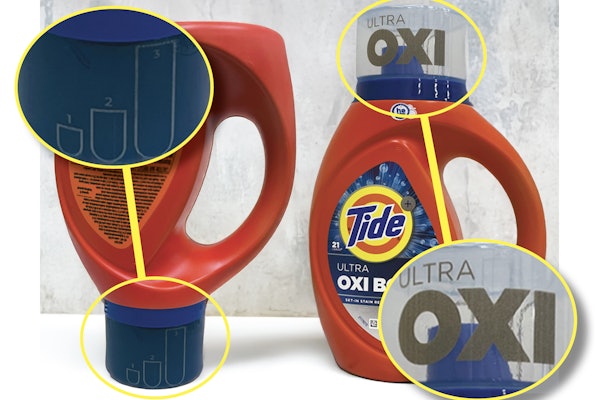In addition, she says that Bill 90 fails to provide incentives to improve recycling rates or reduce waste in comments released Aug. 11.
The implementation plan submitted by Stewardship Ontario, "will cost industry about US$50 million, just to calculate the fees on 22 types of consumer packaging with nine different fee levels," she says, pointing out that manufacturers in North America have not had to weigh packaging in the past.
"Total fees and administrative costs may well exceed US$150 million over the next three to four years," she says. The plan would apply to between 5ꯠ and 10ꯠ companies, including many major firms in the U.S. that sell products worth more than C$2 million in Ontario. Companies that make food, cleaning supplies, cosmetics and electronics will be especially affected. Quebec already has a similar enabling law, and is expected to follow Ontario with similar fees.
Manufacturers are now recoiling over the unanticipated complexity and expense, she reports. "The big brand owners had been told the fees would be for a ‘basket of goods,’ and that the newspaper industry would pay about 30 percent of the total," she noted. However, publishers demonstrated that municipalities break even on newsprint recycling, so the entire estimated US$27 million in first-year fees will fall onto other brand owners.
Nearly all of the industry comments filed earlier this year criticized the new plan, particularly the short timetable for evaluation. For example, Kathryn Rowan, vice president of Nestlé Canada, wrote: "The process was designed only for explanation and did not allow for renegotiation of contentious issues, modification of critically important formulae, nor the opportunity to address flaws and glaring omissions."
Rowan wrote that the plan "blindsided industry with costs that in many cases were double the previous maximum." The increased fees had not been included in her company’s budget, "and will directly affect our competitiveness. We will not be able to pass these costs on to our customers." She went on to encourage a delay in implementation, saying "given the short timeline, these comments have been delivered in haste."
Raymond’s harshest criticism is that the fees are based on costs to recycle/ton, with fees averaged out based on how many tons are recycled. "As a result," she states, "the more your material is recycled, the more you pay." Raymond goes on to call this plan a "dangerous precedent in North America."
At press time, this "hot potato" was in the hands of Canada’s Ministry of the Environment, whose head, Jim Wilson, took office in June. The office had scheduled new "consultations" with "stakeholders" to the plan in August.

























